One of the most common uses of zinc die castings in the automotive industry is for smaller zinc die casted parts used in the interior of a vehicle. These may include door counterweights and inertia locks, mirror mounts, vibration dampeners, and electronic housing units. Die cast auto components are used throughout the vehicle to support and connect various parts and systems. Zinc die castings are ideal for these auto components because the casting process can create a net-shape design, which is critical for ensuring that parts fit and function properly. Zinc die castings are designed into a variety of automotive applications due to strength, dimensional stability, and repeatability. In the automotive industry, zinc die castings are used in a variety of applications, ranging from small brackets and fittings to larger components. One of the primary benefits of using zinc die castings in the automotive industry is their ability to provide a high level of detail allowing engineers ability to design to a custom shape. Zinc alloys offer design engineers several alloy options with different material characteristics.
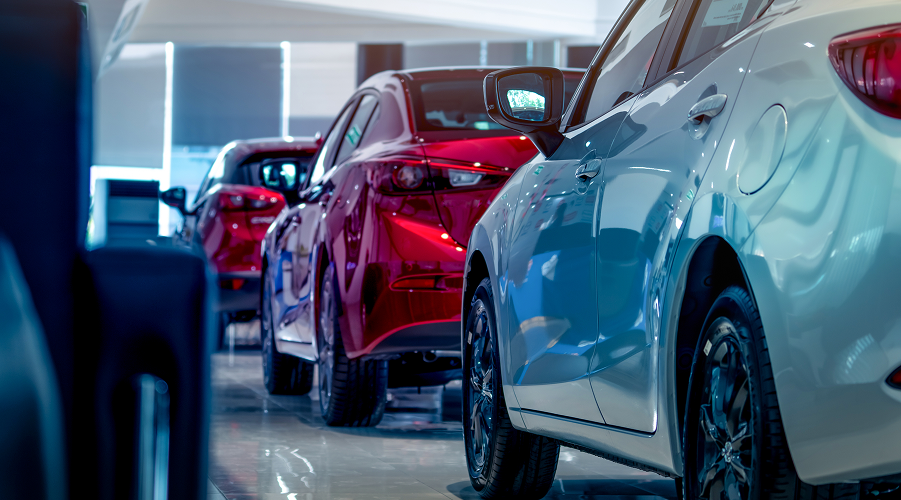
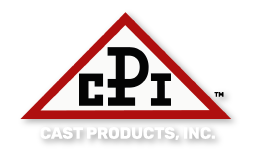
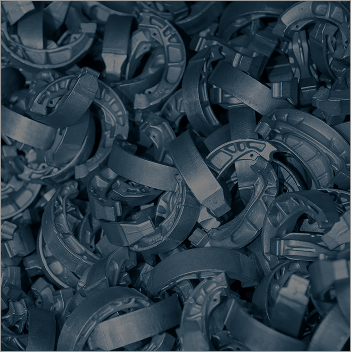
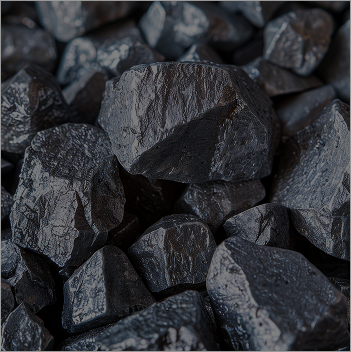
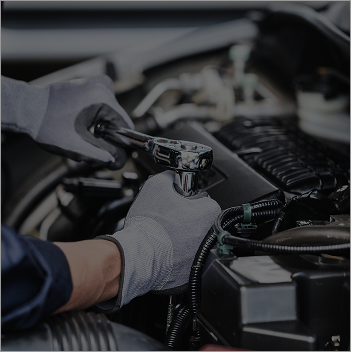
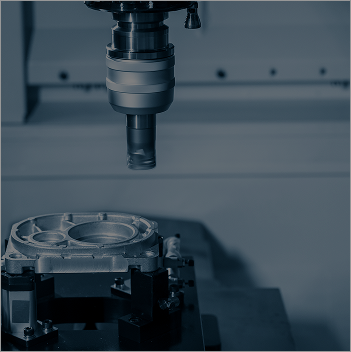
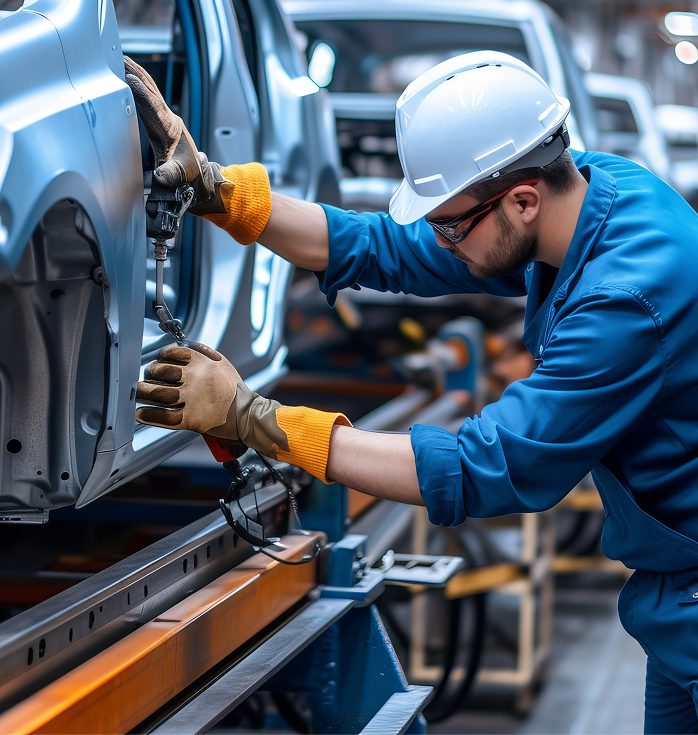
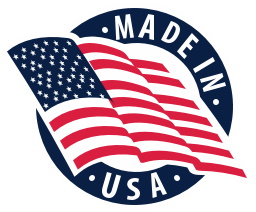 Proudly Made in the U.S.A.
Proudly Made in the U.S.A.